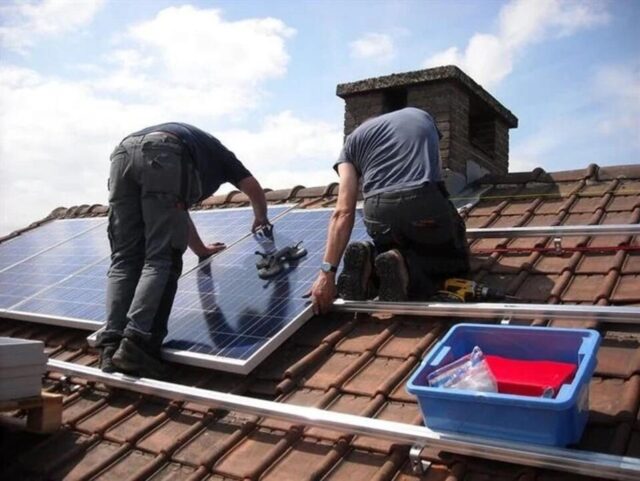CARPING POINT: Onselling electricity, at inflated prices to consumers with no other option and no value added, was always going to be problematic – just like BEE for tenderpreneurs. It ultimately becomes financially unsustainable, writes Kevin Ritchie.
F*** around and find out is a phrase that has been gaining popularity over the last couple of years – especially on social media. People post memes of catastrophes under that hashtag. There’s a spoof of a lecturer drawing a graph on a whiteboard with a line ascending from left to right. The vertical axis is titled ‘find out’, the horizontal is ‘f*** around’.
If you were to be slightly more circumspect about this theory of life, you might describe it as the exponential law of inexorable consequence. This week, the Minister of Public Enterprise, Pravin Gordhan, announced that due to Eskom’s increasing inability to consistently and continuously supply power to homes and businesses, a growing number of South Africans had opted for solar solutions to generate their own power off a natural resource.
One of the obviously unforeseen consequences was that municipalities, which derive much of their operating revenue from the onselling of Eskom power, were going to find themselves even more cash-strapped than they already are. This should have been as foreseeable as Isaac Newton discovering gravity by lying under a tree and getting smacked on the forehead by an apple. But nothing is either foreseeable or obvious to this administration.
Onselling electricity, at inflated prices to consumers with no other option and no value added was always going to be problematic – just like BEE for tenderpreneurs. It ultimately becomes financially unsustainable. Eskom was just the straw that broke the proverbial camel’s back.
Sir Isaac also gifted us the axiom that for every action there is an equal and opposite reaction. Our foreign policy, which increasingly seems to be a toxic mix of the drunken belligerence of the 19th hole of a suburban golf club, infused by the short-term needs of buying an over-priced pie past its sell-by date from a petrol station forecourt on the way home, is another example.
There are many more; health, education, security, transport and even water. As the government fails, in whatever guise; national local or SOE, to deliver upon its mandate, the people will make a plan. It’s a particularly bitter pill for the ideologues to swallow. If they do cut off power (when it is actually on stream), the ingenious among those who can’t afford it, will simply reconnect. Those who can afford to will opt out. Water is another issue. Those who can, drill boreholes. Entrepreneurs truck in water to parched rural townships and sell the water. Sometimes residents band together and provide basic services themselves.
The net result is always the same, if the government cannot charge more by onselling, it loses another source of revenue, ultimately it won’t even be able to pay for the perks and inflated salaries of its councils and bloated legion of public servants, never mind fill a pothole.
The line on the government graph is very close to shooting off the page. Next year, Luthuli House might finally find out what the cost is for three decades of increasingly f***ing about.
* Kevin Ritchie is a seasoned former newspaper editor and current media consultant. He writes the weekly Carping Point column.
** The views expressed here are not necessarily those of the DFA.








